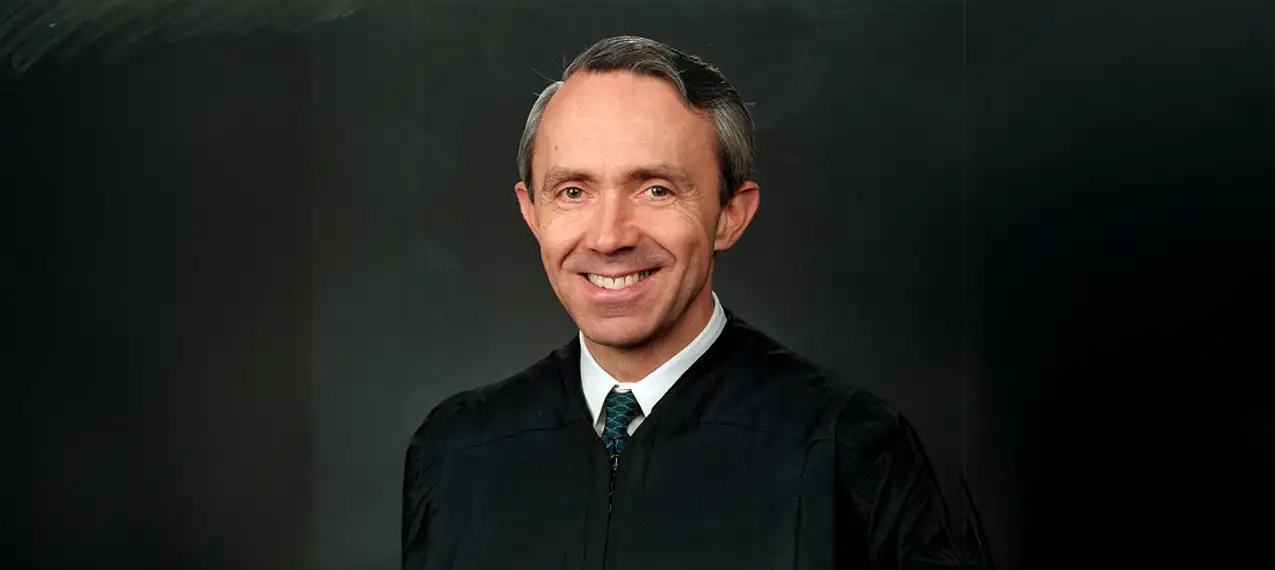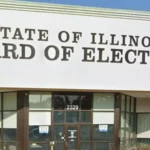
We at Landmark are saddened to hear of the passing of retired United States Supreme Court Justice David Souter in his home state of New Hampshire. Justice Souter was nominated to the Court by President George H.W. Bush and served from 1990 until 2009. Justice Souter was a consummate public servant who did not revel in the many possible lifestyle perks of his role, studiously avoiding the Washington, D.C., social scene and refraining from posh and lucrative academic appointments.
Despite his decidedly liberal jurisprudence, Justice Souter was held in high regard by his colleagues. Upon his retirement in 2009, Chief Justice John Roberts noted in a letter signed by all Justices that his “keen intellect and broad knowledge have enlarged our deliberations and enriched the Court’s jurisprudence.” After his retirement, he left Washington to return to a modest home in Hopkinton, New Hampshire, near his family farmhouse in Weare.
Justice Souter’s legacy is very different from that of the first President Bush’s other nominee to the court, the conservative lion Clarence Thomas. Demonstrating his commitment to the prevailing liberal judicial philosophy of the mid-Twentieth Century, Justice Souter’s decision (coauthored by Justices O’Connor and Kennedy) in Planned Parenthood v. Casey was arguably his most famous. This opinion established the now-defunct “undue burden” standard for abortion legislation, which prohibited regulations that were seen as overbearing for the primary purpose of limiting abortion. His institutionalist bent was on display in the Casey decision, where he railed against overturning the controlling precedent (Roe v. Wade) without good cause. Other major opinions he authored include the unanimous Hurley v. Irish-American Gay, Lesbian, and Bisexual Group of Boston, which invoked the freedom of speech to permit a privately organized St. Patrick’s Day parade to exclude an LGBT Irish American group, and Nixon v. Shrink Missouri Government PAC, which enabled states to limit personal donations to political campaigns.
Concisely summarizing a Supreme Court Justice’s judicial legacy can be challenging, but Justice Souter indirectly took the step of doing this himself. He did so by delivering the Commencement Address at his alma mater Harvard University in 2010, the year after his retirement. In his speech, he defended his Living Constitution approach, which holds that the “constitutional promises the nation has made” of liberty and freedoms will have different meanings at different points in time. He criticized originalism and the fair reading model as facile and flattening to the subtleties of the Constitution, as well as being unrealistic as an actual guiding philosophy for judges. Landmark strongly disagrees with this claim. We believe that the words of the Constitution have meaning that should not bend to public opinion. The Constitution gave the people, not judges, the only mechanism to alter the Constitution over time through the amendment process. Nevertheless, we maintain our respect for Justice Souter’s life of self-effacing service to his country and share our sympathies with his family.
SUPPORT LANDMARK LEGAL FOUNDATION
We are truly facing existential threats to our individual rights and liberties, the Constitution, and our national character. If unchallenged, this assault on our very way of life will ruin our great nation. With your financial and moral support, Landmark is not going to let that happen without a fight. Will you join us?
JOIN OUR MAILING LIST
Never miss an update from Landmark Legal Foundation as we continue the fight to preserve America’s principles and defend the Constitution from the radical left.





